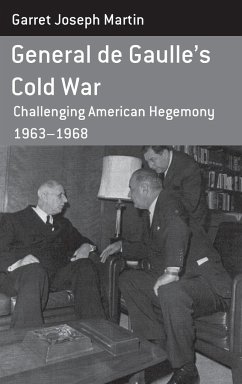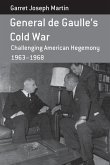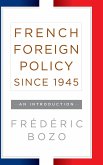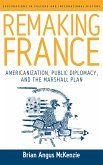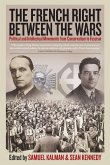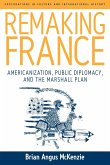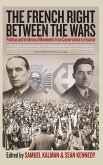The greatest threat to the Western alliance in the 1960s did not come from an enemy, but from an ally. France, led by its mercurial leader General Charles de Gaulle, launched a global and comprehensive challenge to the United State's leadership of the Free World, tackling not only the political but also the military, economic, and monetary spheres. Successive American administrations fretted about de Gaulle, whom they viewed as an irresponsible nationalist at best and a threat to their presence in Europe at worst. Based on extensive international research, this book is an original analysis of France's ambitious grand strategy during the 1960s and why it eventually failed. De Gaulle's failed attempt to overcome the Cold War order reveals important insights about why the bipolar international system was able to survive for so long, and why the General's legacy remains significant to current French foreign policy.
Hinweis: Dieser Artikel kann nur an eine deutsche Lieferadresse ausgeliefert werden.
Hinweis: Dieser Artikel kann nur an eine deutsche Lieferadresse ausgeliefert werden.

